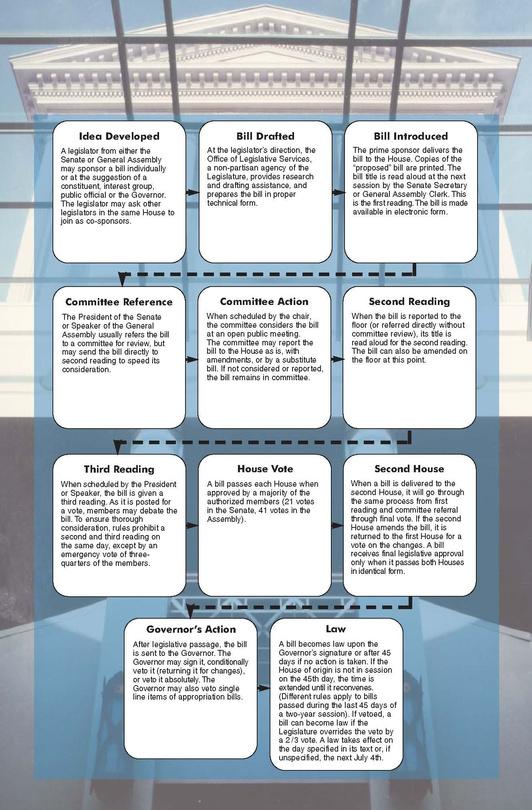NASW-NJ ADVOCACY TOOLKIT

JUSTICE
EDUCATION IS ACTIVISM
CHECK OUT WHO REPRESENTS
YOU
FIND OUT ABOUT THE NEXT LOCAL, STATE, OR FEDERAL ELECTION

GET REGISTERED TO VOTE



SM
STAY INFORMED


YOU
FIND OUT ABOUT THE NEXT LOCAL, STATE, OR FEDERAL ELECTION

GET REGISTERED TO VOTE



SM
STAY INFORMED




There are two major kinds of local government: MunicipalandCounty governments operateparksand recreation, emergencyservices, housing,municipal courts,elections, publicworks, transportation,and more.

New Jersey was the last state in the US to retire the term "freeholder" in county government. Starting January 1, 2021, these officials are now called County Commissioners
 NJ Municipal and County Government Site
NJ Municipal and County Government Site
Legislative Branch (120members)
State Senate (40members)
General Assembly (80members)
Executive Branch Judicial Branch
Governor Phil Murphy (D) State Departments
SENATORS (2-4-4 Election Cycle)
Senators serve 4-yr terms, except in the first term of a new decade, which only lasts for 2 years.
The current Senate President is Nicholas Scutari
Supreme Court
Superior Court
Tax Court
80ASSEMBLYMAN (2yearterm)

ElectionsareheldinNovember ofeveryodd-numberedyear.
The current Speaker is Craig Coughlin.
The President and the Speaker determine which bills will be considered within their respective houses and lead the legislative sessions.
Each Legislature is constituted for a term of 2 years, split into 2 annual sessions.
9,611 bills were proposed or introduced during the 2020-2021 Legislative term, but only 187 were signed into law.
Click here to learn more about NJ Legislature




Behavioral Health Child Welfare


Economic & Social Justice
LGBTQIA+ Professional Issues
CLICK HERE FOR OUR FULL POLICY STATEMENTS
Each year, our teams work to evaluate the emerging needs of the community and profession legislative priorities reflect the current political climate and are a living document, continually assessed
The NASW-NJ team has been hard at work this past year engaging in advocacy initiatives to address the many challenges our profession faced Here's a list of just a few of our efforts:
NASW-NJ worked with the DCA/BSWE to address licensing delays
NASW-NJ testimony supporting legislation to establish a core Behavioral Health Crisis Service System
NASW-NJ testimony in support of legislation that requires municipal police departments to hold two community roundtables on police-community relations each year
Read more testimony on our website
1. Find out who your local officials are: Mayor & City/Town Councilmembers
2. Find ways to engage with your local officials, such as town halls, meetings, or virtual gatherings.
3. Search for existing coalitions or organizations that align with your views. They may be accessible through Facebook, Instagram, or other forms of social media.
4. Research and review issues important to you! What issues are you most passionate about? What's already being done to try to solve that issue?
5. Connect and build relationships with your representatives! Many, if not all, representatives are very open-minded to your thoughts and want to hear from their constituents.
6. Once you've developed a relationship with your officials, make the "ask". Ask to set up a call or meeting to discuss your interests.

NASW-NJ
NJ Citizen Action
NJ Policy Perspective
ACLU - New Jersey
NJ Institute for Social Justice
Center for Nonprofits - Advocacy Resources
Volunteer Opportunities in NJ
NJ Disability Resources and Advocacy Organizations

STAFF IN THE LOCAL DISTRICT OFFICE...
- ARE RESPONSIBLE FOR APPOINTMENTS AND APPEARANCES IN THE LAWMAKERS' LOCAL DISTRICT
- MAY FUNCTION AS CASEWORKERS TO HELP CONSTITUENTS WITH PROBLEMS PERTAINING TO FEDERAL PROGRAMS & OPERATIONS

- SERVE AS IMPORTANT COMMUNICATORS,
- RELAY CONCERNS TO LAWMAKERS, EVALUATE LOCAL PROGRAMS, & COMMUNICATE IMPACT
STAFF IN THE DC OFFICE... HANDLE MULTIPLE POLICY AND LEGISLATIVE ISSUES.


Where are they from? What committees are they on? What bills are they working on?
Have your "Ask” - Determine 1-2 issues that you are especially passionate about.
Know your “Why” - Review the research on your chosen issues. Reflect on how it relates to social work values and why this is important to you. If time or space allows, share those thoughts with the legislator or their staff.
Nervousabout makingcalls?
Depending on the issue, you may decide to call, email, leave a message with, or even request to meet with your legislator.
"Hi, my name is and I am a constituent in your district, as well as a *social work student/social work professional*. Can I please set up a brief call with the legislator or their staff to discuss policy issues important to social workers?"

Bring your social work skills to the conversation: Advocate for yourself and your cause Authenticity is KEY! (Our work spreads a wide range, and our representatives care about how their laws affect the communities you serve.)
Legislative staff need your perspective and expertise more than you think. Bring that expertise to the meeting!
Even if you don't agree with your legislator on all the issues, find something you can thank them for to foster the relationship.
Send a follow up thank you email letting the staffer or legislator know you appreciate their time and want to be a resource for them in the future.

If you use an email or letter template someone else created, it’s important to add a few unique sentences you write yourself. The more personalized, the better. Emails or letters that look like they came from a constituent get more attention and have a greater impact than something that’s a cookie-cutter form letter.
I am a registered voter in (City, County, District) and I work in the field of (mental health, public welfare, etc.). It has come to my attention that the Legislature is considering (describe action and if possible give a bill number). I am concerned about the negative impact this action will have on (client group)…. OR, I support this bill (give reasons for support. Also, give cost implications and anecdotal information about client impact).
These services are critical to my clients and to many others in New Jersey with similar issues. I realize that you are faced with many tough decisions as you prepare the state’s budget. But, not providing services to people who desperately need them is not the way to balance the budget. Have the courage to do the right thing and invest in all our people. Please let me know your position on removing funds from the states budget for (your issue).



Digital advocacy is relevant now more than ever. Social media can be used to raise awareness for an issue, gain attention from elected officials, and advocate for human rights.
Follow and share what other advocacy organizations are posting. Amplify the voices of those directly affected by the issue at hand. Create graphics and flyers with information to promote your message. Do you want your content to inform others about the issue or provide action steps? Use existing hashtags to garner interest. Tag your elected officials and other stakeholders of interest.





